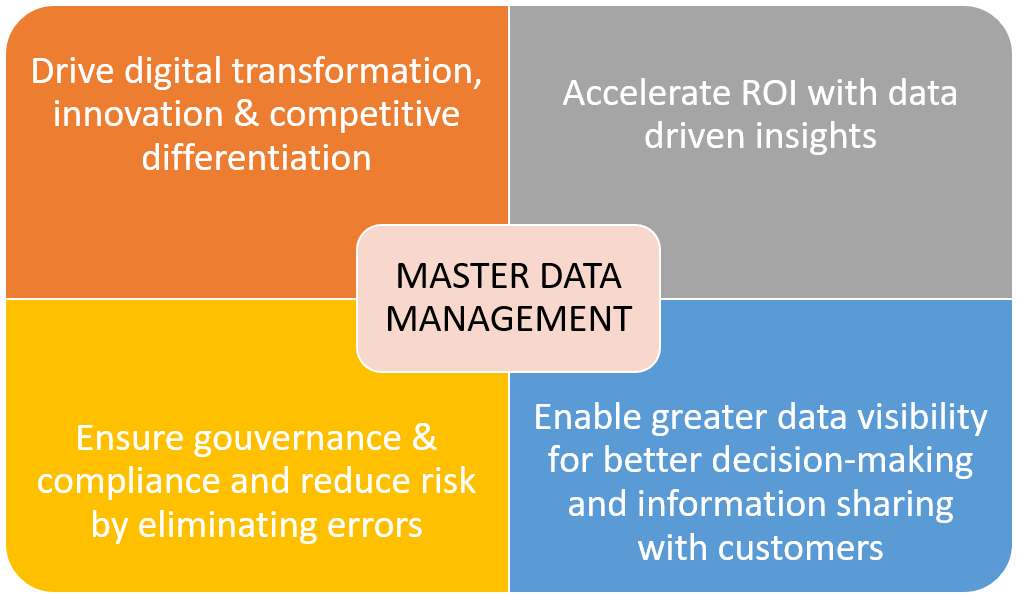Data Management: Cost of poor data quality
Organizations are collecting and generating more information/data than ever before. This information/data is used in almost all activities of companies and constitutes the basis for decisions on multiple levels. But, simply having a lot of data does not make a business data-driven, because issues related to data quality maintenance are infecting numerous businesses. Companies are witnessing that not only the data is growing rapidly in scale & importance but also in complexity. The topic of data quality and what companies should do to ensure a good level of data is one of the biggest priorities within companies that are always being worked on. Since poor data quality affects, among other things, business processes, it can lead to wrong decisions and make it more difficult to comply with laws and guidelines (compliance).
Organizations around the world gather so much data that sometimes it’s impossible for them to differentiate the valuable and outdated or inaccurate data. Studies have also shown that the data stays stuck in different systems in inconsistent formats, which makes it unreliable or impossible to share with other team members. According to Gartner’s research, “the average financial cost of poor data quality on organizations is $9.7 million per year.” In other words, the cost of poor data quality is 15% to 25% of revenue.

Having quality data means getting the right answer to every question. This requires that data is constantly checked for errors, redundancy, and usability. In addition to avoiding errors and gaps, it is also about making data available to every concerning person in a uniform way and making it as easy to use as possible. Master data management (MDM) helps companies to ensure that their data is accurate, trustworthy, consistent, and shareable across the enterprise and value chain by enabling greater data transparency & empowering you to drive better decisions, experiences, and outcomes that benefit your business and your customers.
Basically, master data management creates added value on two levels: on the one hand in the administrative areas, for example through more efficient master data maintenance processes or also in IT projects; on the other hand, through increased transparency in the operational areas and thus improved controllability. The benefit in mastering data processes is reflected, among other things, in the reduced effort involved in searching for data, less internal coordination effort, and the fact that there is no duplication of work when changing data or making initial entries. Furthermore, clean master data forms the basis for scalable automation options and reduces the effort for migrations.
Mastering your data challenges also delivers a significant competitive advantage. And as the pace of innovation accelerates, the importance of mastering your data will only be beneficial for your business. The benefits of MDM in the administrative and operational areas as well as for compliance ultimately increase the competitiveness of companies. Last but not least, good data quality ensures the satisfaction of customers, suppliers, and employees.
